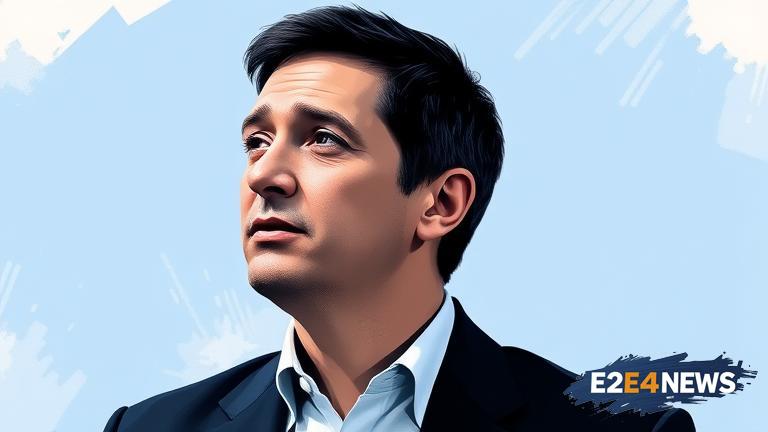Telegram founder Pavel Durov has blasted a French investigation into the messaging app, calling it a ‘baseless’ and ‘politically motivated’ probe. The investigation, which was launched a year after Durov’s arrest, has been widely criticized by human rights groups and free speech advocates. Durov was arrested in 2024 on charges of money laundering and terrorism financing, but was later released on bail. The French government has been under pressure to crack down on Telegram, which has been accused of being a platform for terrorist groups and other malicious actors. However, Durov has maintained that the app is a secure and private platform that is protected by end-to-end encryption. He has also accused the French government of trying to intimidate and silence him. The investigation has been ongoing for over a year, and has involved the seizure of Telegram’s servers and the questioning of Durov and other company employees. Durov has denied any wrongdoing and has accused the French government of violating his human rights. The case has sparked a heated debate about the balance between national security and individual freedom. Many have argued that the French government’s actions are an overreach and an attempt to stifle free speech. Others have argued that the government has a responsibility to protect its citizens from terrorist threats. The investigation has also raised questions about the role of technology companies in combating terrorism. Telegram has been accused of being a platform for terrorist groups, but Durov has maintained that the app is a secure and private platform that is protected by end-to-end encryption. The company has also implemented measures to prevent the spread of terrorist content on the platform. Despite these efforts, the French government has continued to pressure Telegram to do more to combat terrorism. The case has also sparked a wider debate about the use of encryption and the role of technology companies in protecting user data. Many have argued that encryption is essential for protecting user privacy and security, while others have argued that it can be used to hide malicious activity. The investigation has also raised questions about the relationship between technology companies and governments. Durov has accused the French government of trying to intimidate and silence him, and has maintained that the company will continue to prioritize user privacy and security. The case is ongoing, and it remains to be seen how it will be resolved. However, it has already sparked a heated debate about the balance between national security and individual freedom, and has raised important questions about the role of technology companies in combating terrorism and protecting user data. The investigation has also highlighted the challenges of regulating technology companies and the need for greater transparency and accountability. As the case continues to unfold, it is likely to have significant implications for the tech industry and for users around the world. The use of encryption and the role of technology companies in protecting user data are likely to be major issues in the coming years. The case has also sparked a wider debate about the use of technology to combat terrorism, and has raised important questions about the balance between national security and individual freedom. The investigation has also highlighted the need for greater cooperation between technology companies and governments, and has raised important questions about the role of regulation in protecting user data. The case is a complex and multifaceted one, and it is likely to have significant implications for the tech industry and for users around the world. As the investigation continues, it is likely to raise important questions about the balance between national security and individual freedom, and is likely to have significant implications for the use of encryption and the role of technology companies in protecting user data.
